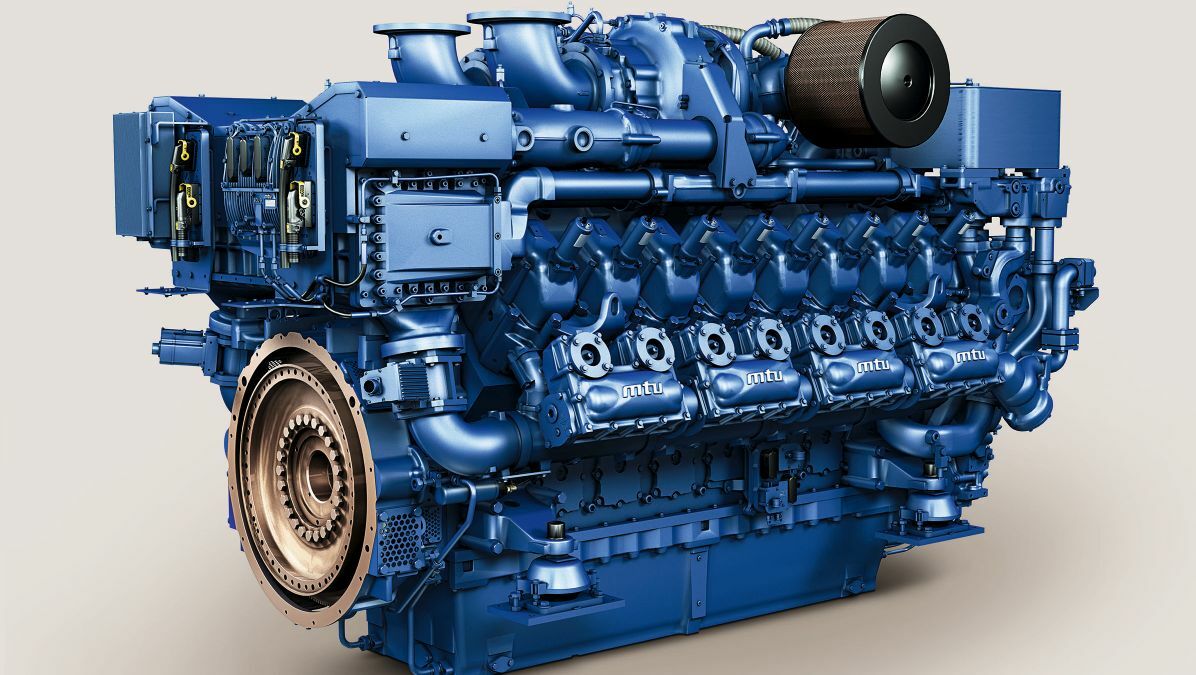A Complete Overview to Picking the Right Engine for Your Project
Selecting the appropriate engine for your job is an important decision that can dramatically influence its total success. Each of these elements plays a critical function in making sure that your picked engine not only meets immediate objectives however also straightens with long-lasting ambitions.
Define Your Task Needs
Specifying your project requires is an essential step in choosing the proper engine for effective application. A comprehensive understanding of your project's objectives will lead you in recognizing the functions and abilities required from an engine. Begin by laying out the scope of your job, consisting of the preferred functionality, target market, and the particular outcomes you intend to attain.
Following, think about the technological demands that align with your task objectives. This includes assessing the compatibility of the engine with existing systems, in addition to the programming languages and structures that will be used. In addition, analyze the level of scalability needed to accommodate future development or modifications popular.
Spending plan restrictions also play an essential function in defining your job needs. Develop a clear monetary framework to assist your decision-making procedure, making sure that the engine chosen fits within your spending plan while supplying the essential capability.
Evaluate Efficiency Demands

Following, think about the scalability of the engine. Assess whether it can manage increased workloads as your job expands. Engines that sustain horizontal scaling are commonly more effective for larger applications. Additionally, review the engine's efficiency under various problems, such as peak use circumstances, to ensure it satisfies your dependability criteria.
Take Into Consideration Simplicity of Usage
While technical specs are essential, the simplicity of usage of an engine can considerably impact the growth procedure and overall task success. An instinctive user interface, clear documents, and streamlined workflows can substantially minimize the learning contour for programmers, allowing them to concentrate on creativity and analytical instead of facing facility devices.
When evaluating an engine's ease of usage, consider the onboarding experience. A well-structured intro, full with tutorials and example tasks, can facilitate a smoother change for new customers. In addition, the clarity and comprehensiveness of the engine's documentation play an important role; extensive guides and API references can encourage programmers to fix and implement functions efficiently.
One more element to take into consideration is the engine's modification abilities. An engine that permits easy alterations can be a lot more easy to use, as programmers can tailor it to fit their specific requirements without substantial hassle. Last but not least, assess check my site the process integration with tools and platforms you already make use of. A natural environment can boost efficiency and lower rubbing throughout the development procedure. Eventually, picking an engine that prioritizes ease of use can lead to an extra efficient and Going Here delightful development experience.
Assess Neighborhood and Assistance
The toughness of an engine's area and support network can considerably affect a developer's experience and success. When assessing an engine, think about the size and task level of its area.
Additionally, assess the accessibility of main assistance networks. Reputable documentation, receptive customer support, and regular updates are necessary for attending to technological concerns and maintaining your job on track. Engines For Africa. Energetic neighborhoods additionally cultivate cooperation, supplying possibilities for networking and responses, which can be very useful, specifically for little teams or independent designers
Additionally, explore the presence of community-run occasions, such as meetups or hackathons. These gatherings can enhance your understanding of the engine while linking you with skilled users and possible collaborators. In summary, a robust area and support group not just simplify development however also create an atmosphere for learning and advancement, eventually boosting the possibility of your project's success.
Compare Cost and Licensing Options
Spending plan factors to consider play a vital function in selecting the best engine for your project, as the price and licensing choices can significantly affect both temporary costs and long-term feasibility. Engines For Africa. Different engines offer differing rates structures, which can include one-time purchase fees, subscription models, or revenue-sharing redirected here agreements based on your job's revenues

Certifying alternatives likewise vary considerably. Some engines are open-source, supplying adaptability and community-driven support, while others might call for proprietary licenses that restrict use and distribution. Comprehending the implications of each licensing version is vital, as it affects ownership rights, future scalability, and potential lawful responsibilities.
Final Thought
To conclude, selecting the suitable engine for a task demands a detailed assessment of specified project needs, performance demands, convenience of usage, area assistance, and cost factors to consider. By methodically resolving these vital elements, decision-makers can make sure positioning with both future and current task demands. A well-informed option inevitably enhances the chance of task success, making it possible for effective resource allowance and making the most of possible results within the defined budgetary restraints.
Selecting the suitable engine for your job is an essential choice that can dramatically impact its overall success.Specifying your task needs is a crucial step in choosing the suitable engine for effective execution. A comprehensive understanding of your task's goals will certainly guide you in recognizing the abilities and features required from an engine.As soon as you have a clear understanding of your task needs, the next step is to examine the efficiency needs of the engine.In conclusion, picking the ideal engine for a job necessitates a comprehensive evaluation of defined job needs, performance demands, simplicity of use, community assistance, and cost factors to consider.